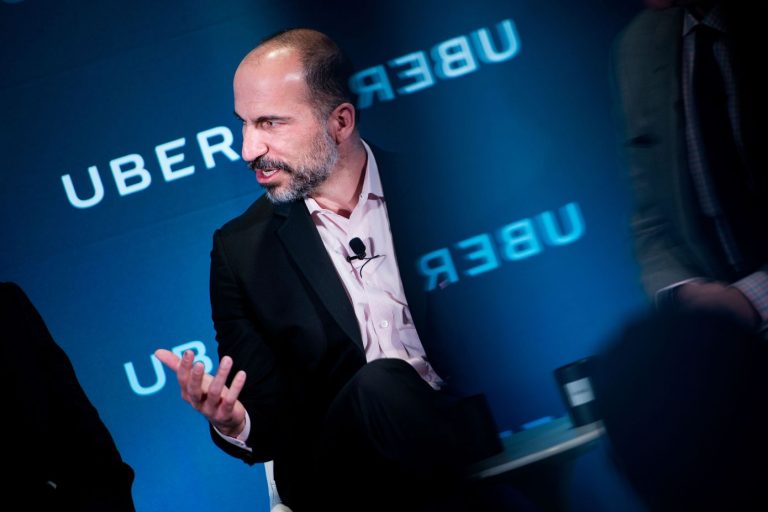
It has been months of losses for Uber: from the stock market to court to ride hailing, there have been unprecedented cognitive hits to its anticipated growth. But losses are not something strange to Uber, only that this time, it came with new challenges.
Legislators in California have approved a landmark bill that will push gig companies to treat independent contractors working with them as employees.
The bill which has been endorsed by California Governor, Gavin Newsom, is expected to be signed into law this week, and go into effect January 1. Uber and Lyft, among other companies operating on gig economy are expected to adjust to the expensive law.
Register for Tekedia Mini-MBA edition 17 (June 9 – Sept 6, 2025) today for early bird discounts. Do annual for access to Blucera.com.
Tekedia AI in Business Masterclass opens registrations.
Join Tekedia Capital Syndicate and co-invest in great global startups.
Register to become a better CEO or Director with Tekedia CEO & Director Program.
Uber is operating as a gig company to cut operational cost that would have been difficult to manage otherwise. Now that there’s a law against it in California, and other states are pushing bills to make such laws too, the future has become scary for Uber.
Another downside of the situation is that it’s going to affect the flexibility of E-hailing drivers. The New York Times reported that Uber sent messages to their drivers urging them to contact their legislators on behalf of the company.
Many of the drivers obliged for a reason: their flexibility will be impacted if the law goes into effect. It will mean that Uber will keep drivers on schedule and may be forced to cut down the number of drivers working at a time.
The challenge is that most of the drivers enjoy the flexibility and at the same would want to enjoy the benefits of employees. A desire that many legislators have thrown their weight on. State Senator Maria Elena Durazo, said:
“Today the so-called gig companies present themselves as the innovative future of tomorrow, a future where companies don’t pay social security or medicare.
“Let’s be clear: there is nothing innovative about underpaying someone for their labor.”
Although Uber has mobilized about $90 million with Lyft and DoorDash to challenge the bill, the possibility of losing cannot be ignored, and the precedent will aggravate an already grave situation.
In August, the company reported a record quarterly loss of $5.2 billion, which triggered the curiosity of its shareholders. The investors have implied that about 13 000 workers in Uber’s payroll, in the US alone is exorbitantly reckless. And the company is likely heading to more downturns if nothing is done to address that.
On the 10th, Uber laid off 435 workers in its products and engineering teams. That’s about 835 since July, even the executives were affected.
In the face of low revenue generation, unfriendly government policies and stock market’s downturns, Uber’s Chief Executive, Dara Khosrowshahi, said some serious decisions need to be made to keep the company competitively sound.
“In the past, we grew our team rapidly and in a decentralized way. This made sense as we worked to scale the business globally and find product-market fit.
“But at a certain point, bigger teams do not mean better results. It’s critical we get our edge back and continually push ourselves to do better.” He said
Although Uber claimed the cuts in workforce has nothing to do with the clamor of its investors, it did not deny that it is necessary.
However, the greatest threat to Uber’s existence does not lie on what it does or does not but on what the governments do.



